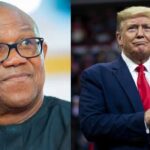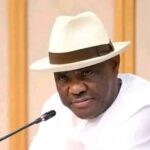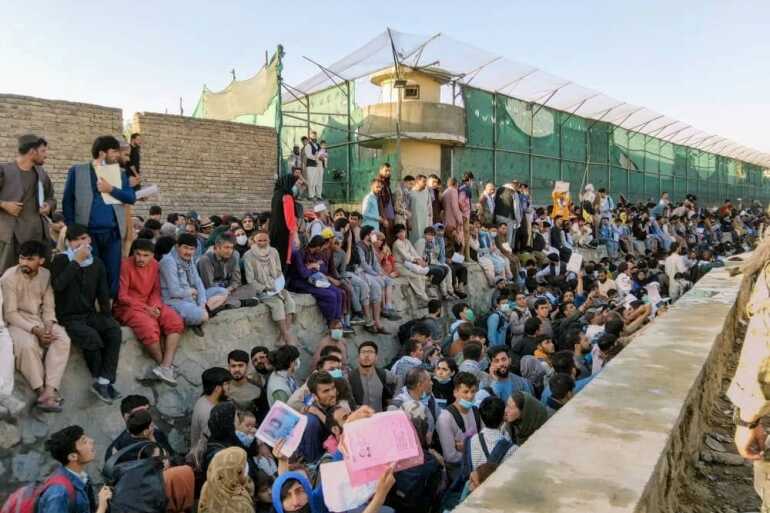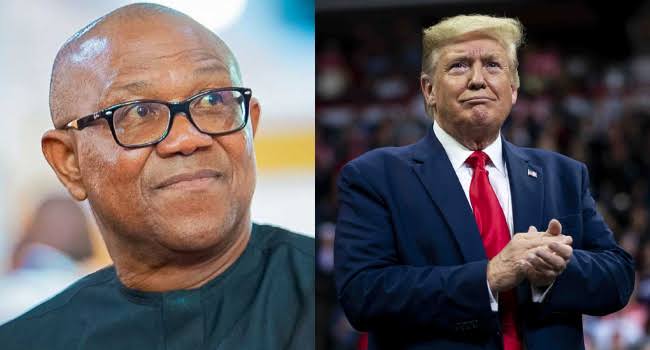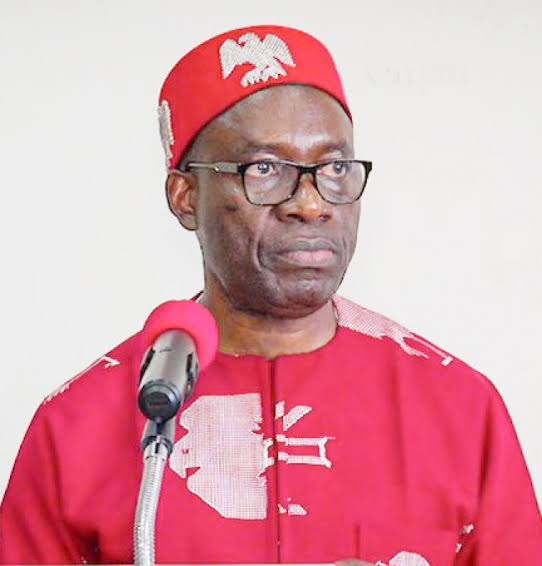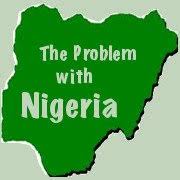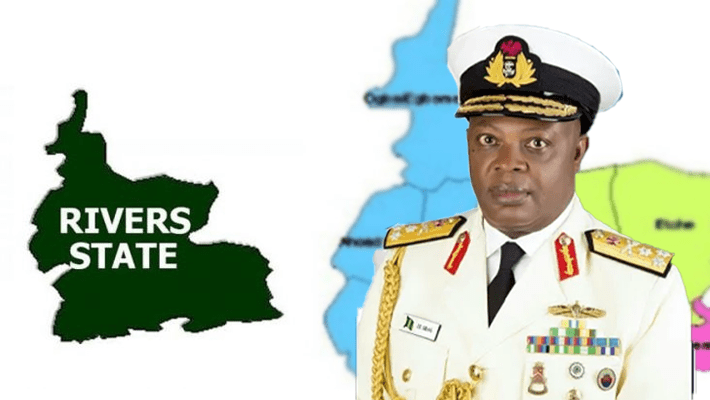By Olu Fasan
JUST a day after the collapse of the Afghanistan government, hitherto propped up by the United States and its allies, President Muhammadu Buhari wrote an article in the Financial Times pleading with the West to help fight militancy in Africa.
In the article, titled: “Africa needs more than US military aid to defeat terror” (Financial Times, August 16, 2021), President Buhari literally accused the West of neglecting Africa, saying: “Despite rising attacks across Africa, international assistance has not followed in step”.
He added: “As Africans, we face our day of reckoning just as some sense the West is losing its will for the fight”. In Buhari’s view: “Africa’s fight against terror is the world’s fight”.
But really? What first struck me about the article was its incongruence with reality. Think about it. The United States has just signalled to the world that it cares deeply about the financial and human costs of its foreign interventions and, as such, has ended its 20-year military presence in Afghanistan. Yet, President Buhari was asking Americans to turn their attention to Africa, which, he said,”is the new frontier of global militancy”.
Surely, one must wonder: if after 20 years of colossal military and financial commitments, America and its allies couldn’t turn around Afghanistan, a relatively small country, with pockets of opportunistic terror groups, how would they help Africa, a large continent that, according to Buhari, is the epicentre of terror?
Well, that question leads to another thing that also struck me about the article: its utter failure to say what Africa will do to help itself. President Buhari said nothing about how African countries will build a functioning state, run a thriving economy and create internal cohesion – all of which are endogenous factors and preconditions for a secure, stable and prosperous nation, a bulwark against entrenched militancy!
This was why Joe Biden, the US president, appeared frustrated about Afghanistan: it lacked the will to succeed. As he puts it: “We spent over a trillion dollars. We trained and equipped an Afghan military force of some 300,000 strong.
We gave them every chance to determine their own future, what we could not provide was the will to fight for that future”. In the end, despite the training and investment of 20 years, once the US withdrew its troops and air support, the Afghan army and government fell to the Taliban within days.
Yet, President Buhari wanted the world to believe that the West’s military support and investment in infrastructure would make Africa secure and stable. Of course, that’s totally misleading. The truth is, as long as a country lacks a functioning state, as long as its political and military elite are corrupt, as long as it lacks national cohesion and as long as its governance is over-centralised and tension-prone, no amount of external support can help it to succeed. Nation-building can’t be done by outsiders; it must, ultimately, be done by the leaders and people of each country.
That’s what Afghanistan lacks: home-grown nation-building. The Economist magazine described Afghanistan as “a highly centralised state, whose constitution echoed the monarchy of the 1960s”. As a result, there were tensions between the centre and the ethnic-based regions, which the Taliban exploited by securing the loyalty of local people. Then, massive corruption of the political and military elites also alienated them from the people. With that detachment from the people, the Afghan army and government were living on borrowed time, with the illusion of invincibility!
Thus, once the US withdrew its troops and air power, which repelled the Taliban and kept the country together for 20 years, and without strong loyalty and support from the people, the 352,000-strong Afghan army simply melted like a vapour as the Taliban advanced. And with no American or Afghan troops to protect him, the Afghan president, Ashraf Ghani, fled on August 15, triggering the swift fall of Kabul, the Afghan capital.
Now, Nigeria’s situation is not exactly the same as Afghanistan’s, but there are parallels. Like Afghanistan, Nigeria is a highly-centralised state, with a Constitution that gives the Federal Government too much power and that allows the president to behave, as President Buhari does, like an absolute monarch.
Think of Buhari’s insistence on imposing grazing reserves on Nigeria’s constituent units against their wishes and the federalist spirit. The over-centralisation of power, and its abuse by President Buhari, coupled with government’s failure to tackle poverty and give hope to ordinary Nigerians are the main causes of separatist tendencies and militancy in Nigeria.
In his Financial Times article, President Buhari said military means alone cannot defeat militancy. Yet, military force is his reflex response to separatist agitations in Nigeria. He rejects dialogue as a tool of nation-building. He makes absolutely no effort to engage in any communicative action aimed at forging a national consensus on the way forward for Nigeria.
Yet, apart from the barely-armed separatist agitators, who are easy targets, the Buhari government has failed to tackle the heavily-armed bandits and insurgents. The recent much-trumpeted surrender of some Boko Haram fighters was due to the loss of their leader, Abubakar Shekau, and thus their morale.
History is littered with examples of military forces floundering and losing their fighting spirit if they are badly led and demoralised, as Afghanistan’s 352,000-strong army has shown. Truth is, the staying power of Boko Haram, despite being declared “technically defeated” several times, and the spread and daringness of bandits and other militants, exposes Nigeria’s fragility and proneness to insurgency.
Even so, President Buhari’s plea to the West to help fight terror, through massive military support and infrastructure investment, will fall on deaf ears because the West, nay America, does not believe Africa, nay Nigeria, has the will to change. And if, God forbid, Nigeria were to fracture, Afghanistan’s experience shows that the West, nay America, will not absorb huge human and financial costs to save it. Nigeria’s destiny is thus in its hand!





